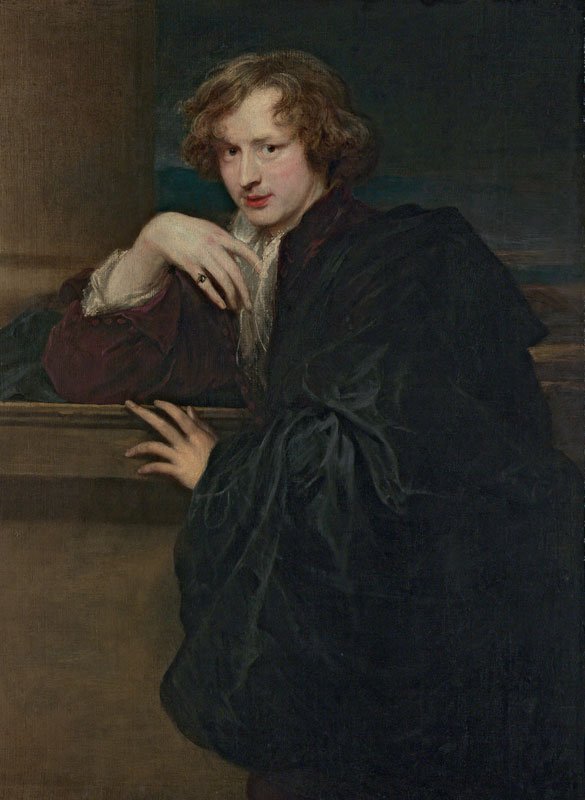A ‘limp wrist’ or the concept of the ‘gay hand’ has long been associated with male homosexuality, so the question is when, where, or how did it become a queer stereotype?
In a historical context, it has been suggested that having a limp wrist was effeminate. As tight dresses were popular in women’s fashion in previous centuries, cuffs were quite restrictive and therefore a flapping wrist became associated with effeminacy. Men with limp wrists were then looked on as acting feminine.

Queer stereotypes are rife within the media, with many still used in film and television today. While the ‘gay hand’ is not portrayed quite as often in present mainstream entertainment, it has definitely popped up in the past on TV shows.
In an episode of The Simpsons aired in 1997, titled ‘Homer’s Phobia,’ we see Homer grapple with the fact that his friend is a homosexual. We can see during Homer’s conversation with Marge about their friend John, the character uses the limp wrist gesture to describe homosexuals, saying that he likes them “flaming”.
While shows have used the gesture for comedic gain, the question is asked as to whether or not TV is actually tying the LGBTQ+ community to these stereotypes?
The gay hand as a derogatory term used against the queer community is long ingrained within society. In an interview conducted by Clive Coleman with an individual confidentially named “Tim”, he describes how he was subjected to discrimination through the uses of stereotypes. He became the first man in the UK to win a case for discrimination against a company based on physical gestures alone.
In the CNN video below, we see Pastor Sean Harris delivering a sermon, stating, “Dads? The second you see your son dropping the limp wrist, you walk over there and crack that wrist!” This is followed by “man up, give ’em a good punch.” The Pastor later went on to apologise for his remarks, stating that he “should have spoken more carefully”.
While the ‘gay hand’ may not be the most obvious queer stereotype, it is clearly one that, good or bad, has become associated with gay individuals. For a gesture that has become almost universal, the question as to whether that is down to history, religion or media, is still very much up for debate.
© 2021 GCN (Gay Community News). All rights reserved.
Support GCN
GCN is a free, vital resource for Ireland’s LGBTQ+ community since 1988.
GCN is a trading name of National LGBT Federation CLG, a registered charity - Charity Number: 20034580.
GCN relies on the generous support of the community and allies to sustain the crucial work that we do. Producing GCN is costly, and, in an industry which has been hugely impacted by rising costs, we need your support to help sustain and grow this vital resource.
Supporting GCN for as little as €1.99 per month will help us continue our work as Ireland’s free, independent LGBTQ+ media.
